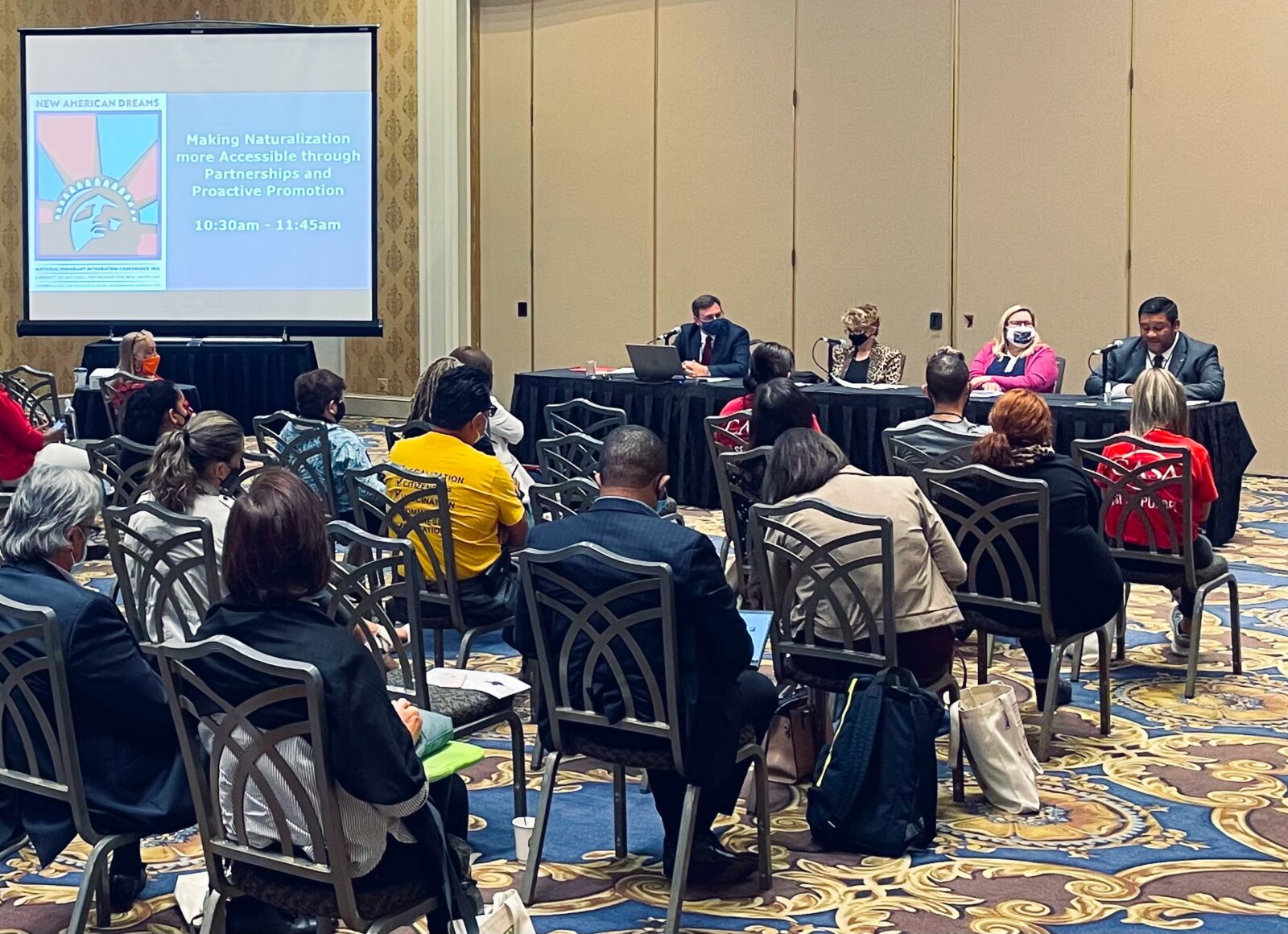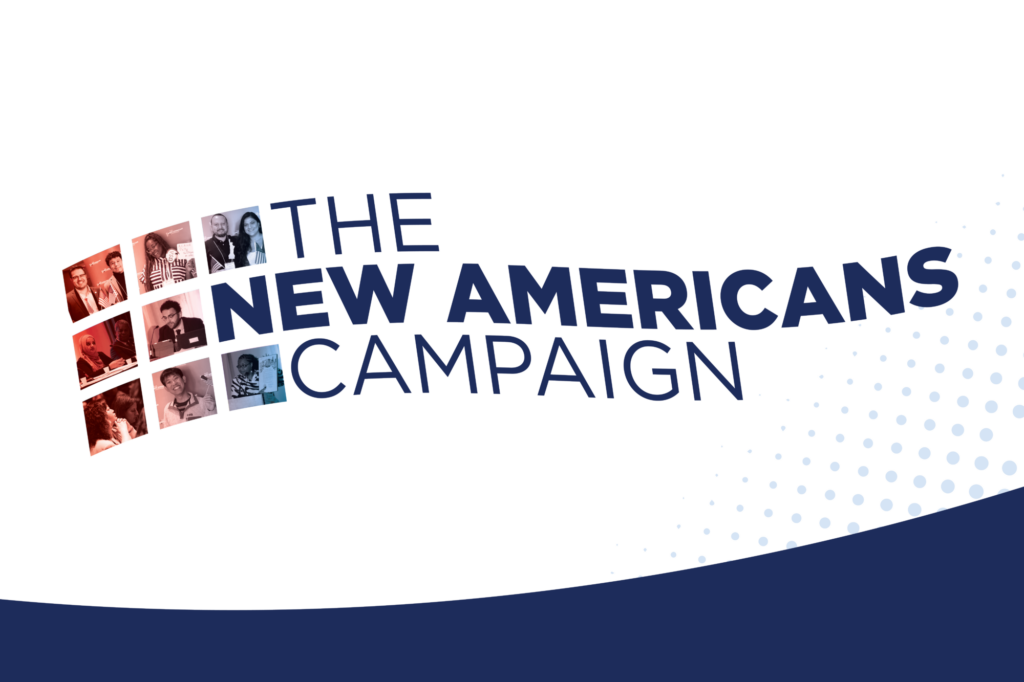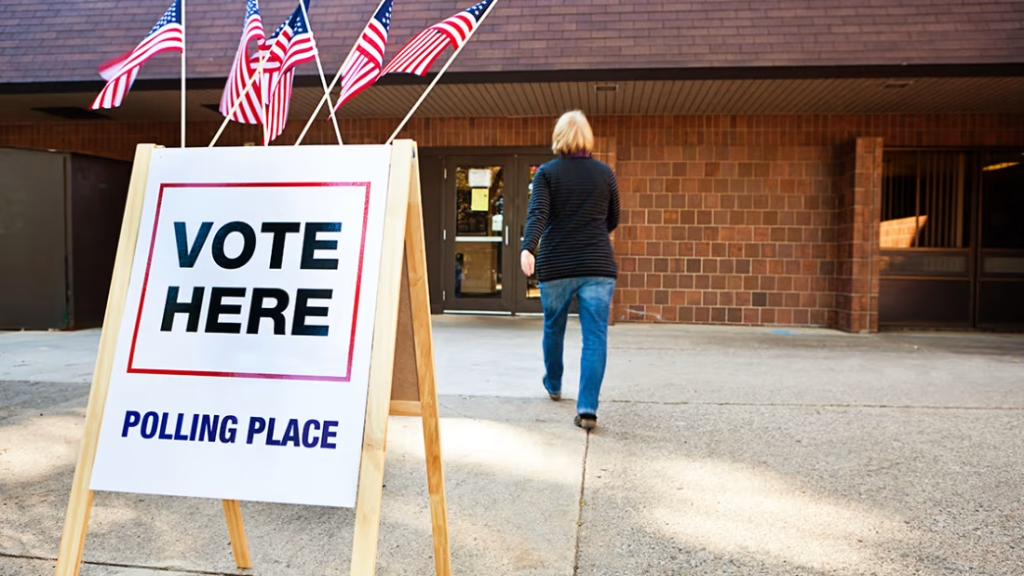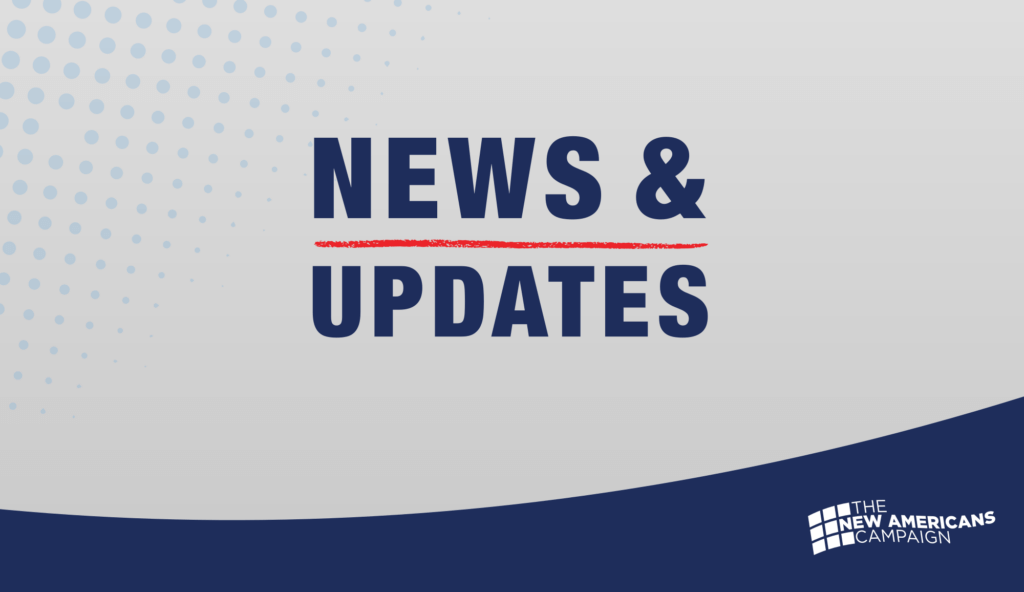NIIC 2021 Expanding Access to Naturalization

Explore more
This past October, almost 1,000 immigrant rights advocates and policymakers gathered in Las Vegas for the National Immigrant Integration Conference (NIIC). It is an important transitional time, and it was a welcome opportunity for practitioners and immigrant community leaders to engage with one another as well as with U.S. Citizenship and Immigration Services (USCIS) senior staff and decision makers. “We are still trying to undo what was done by the previous administration, as well as seeking strategies for the future,” said Pablo Blank, Director of Immigrant Integration for CASA. “The energy throughout the conference was, ‘this is our moment, and we have to unite,’” said Juan Rosa, NALEO Educational Fund Director of National Outreach, “It was very empowering.” Many of the speakers addressed immigrant groups who were left behind in the past, whether Black immigrants, Afro Latinos, or Asian Pacific Islanders, and “put them at the center of our work going forward,” said Rosa.

(Photo courtesy of NALEO Educational Fund)
Blank moderated the panel, Making Naturalization More Accessible Through Partnerships and Proactive Promotion, which brought together Kelly Ryan, Senior Advisor, Office of the Director, USCIS; Phyllis Coven, Citizenship and Immigration Services Ombudsman; and Leonard Aguilar, Secretary Treasurer, Texas AFL-CIO. Blank observed that audience members were still very concerned about the backlog created by both the pandemic and the last administration’s efforts to build bureaucratic barriers to naturalization. But Ryan was reassuring, pointing out that the current USCIS reverted to the 2008 civics test, and stopped the proposed fee increases.
Panelists discussed the promise of new partnerships among community organizations and USCIS, as well as between different federal agencies. Since President Biden signed the executive order asking federal agencies to find interagency strategies to promote naturalization, an audience member suggested that USCIS talk to the Social Security Administration about using its database to reach green card holders to ask them if they have naturalized. If they have not, the Social Security Administration could explain the benefits of naturalizing and encourage people to visit the USCIS website to learn more about eligibility and how to apply. Ryan said she would investigate this further. “The Social Security Administration can do that proactively,” said Blank, “because it’s in their self-interest. They are able to update their database for the benefits that they issue.”
Ombudsman Coven said they are looking for better ways to reach underserved populations. For example, their office completed a study on the N-648, Medical Certification for Disability Exceptions and proposed a new version of the form that is shorter and clearer. “This would be day from night, with the form that they have today,” said Blank. “USCIS is moving in a good direction to improve the experience of naturalization applicants who need special accommodations.” The new N-648 form is now open for public comments, said Blank. The USCIS is also doing targeted outreach to senior citizens, with more materials translated into multiple languages. “They talked about how to get information to farm workers and other people in rural areas,” said Rosa, “going wide to get to people who are often left out of messaging initiatives.”
Rosa found Texas AFL-CIO’s approach to naturalization engagement particularly interesting. “Instead of ‘outreach,’” Rosa said, “they are doing ‘in-reach.’” In his presentation, Leonard Aguilar, the AFL-CIO Secretary in Texas, said members of his union are asked to talk to people in their families, in the shops they frequent, in their churches and communities about becoming U.S. citizens. “They are asking rank and file union members to promote U.S. citizenship and to bring in more applicants,” said Rosa. “The idea of delegating and empowering them to become promoters of naturalization outside of the workplace was very promising.” Rosa said NALEO Educational Fund partners with labor unions in New York City to spread the word about workshops, or to borrow their space. Now he says he might explore ways of empowering union members “to become promoters of naturalization as well.”
Pablo Blank hopes that USCIS, in addition to removing the barriers created by the previous administration, will make efforts to change preexisting barriers as well. “Affordability remains a big issue,” said Blank. He would like to see a new measure for identifying eligibility for the fee waiver. Currently, USCIS uses the uniform income threshold set up by Health and Human Services (HHS). The standard does not vary from state to state. “I think it’s unfair to have only one threshold for the whole country without analyzing the regional conditions,” said Blank. Housing and Urban Development (HUD), on the other hand, has a system that allocates benefits based on regional markets. Blank would like to see USCIS switch from the HHS system to HUD’s system. “They have created a fairer system,” says Blank.
When Ur Jaddou, director of USCIS, addressed the attendees of NIIC she told the audience that the agency was in the midst of a “reset and refocus.” Jaddou assured the group that she is placing priority on addressing delays and backlogs and said USCIS wants to ensure that “accessibility inherently includes affordability.” USCIS came to the table this year, and NIIC attendees were there as well, promising to keep the pressure on to dismantle old barriers and build new partnerships.



